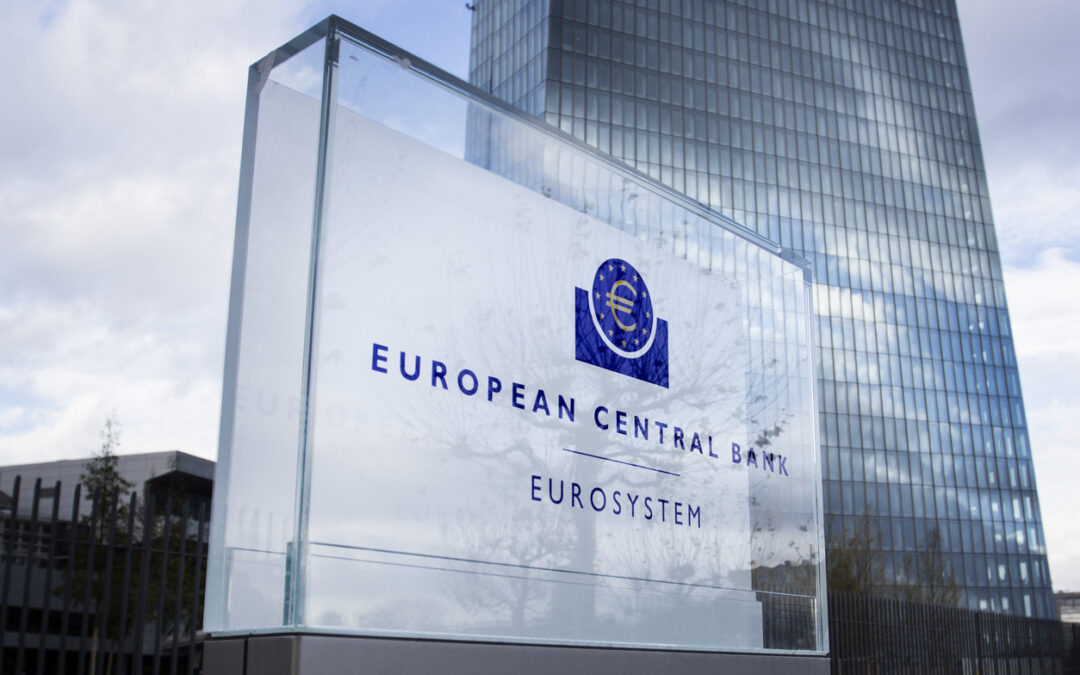
by Positive Money Europe | Jun 15, 2023
The European Central Bank (ECB) raised its interest rates today by 0.25 percentage points, taking further steps to tighten monetary policy in an already unprecedented cycle. It is puzzling.
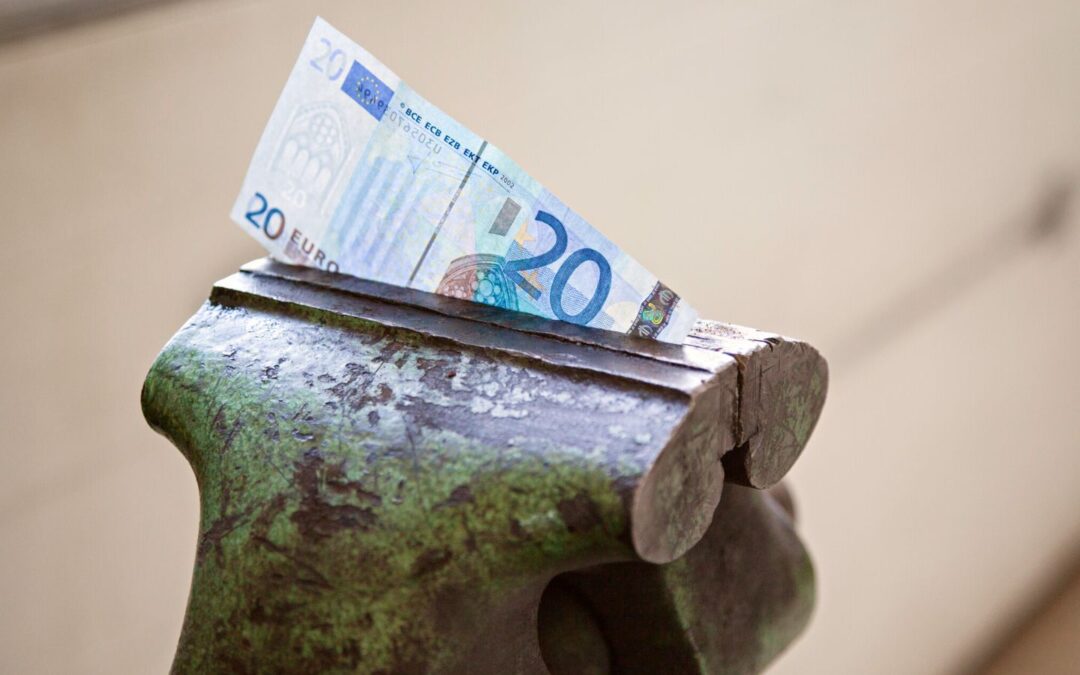
by Jordi Schröder Bosch | May 4, 2023
The European Central Bank (ECB) is expected to further raise its rate of interest. Rate hikes take a long period of time to have an impact on the rest of the economy. The Bank Lending Survey shows that credit conditions and loan demand are tightening at rates not seen since previous major crises. A credit crunch in the making should be signaling to ECB officials that it is time to wait and see, as further increasing the interest rate without knowledge of the consequences of previous increases can prove to be a major policy mistake.
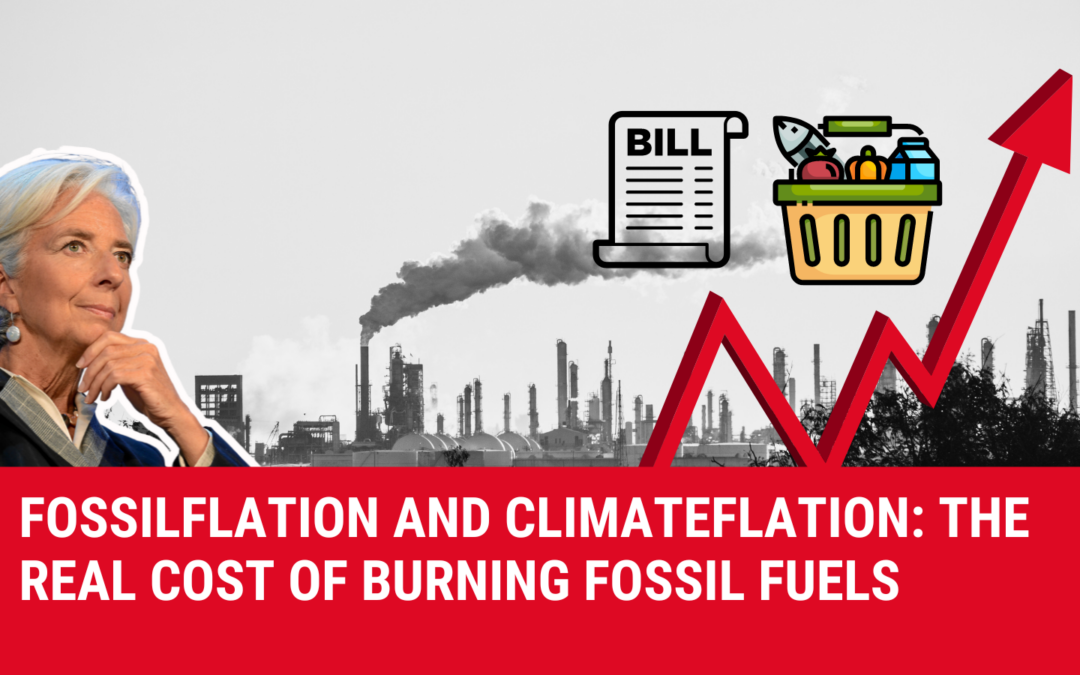
by Positive Money Europe | Apr 21, 2023
Fossilflation and climateflation explained
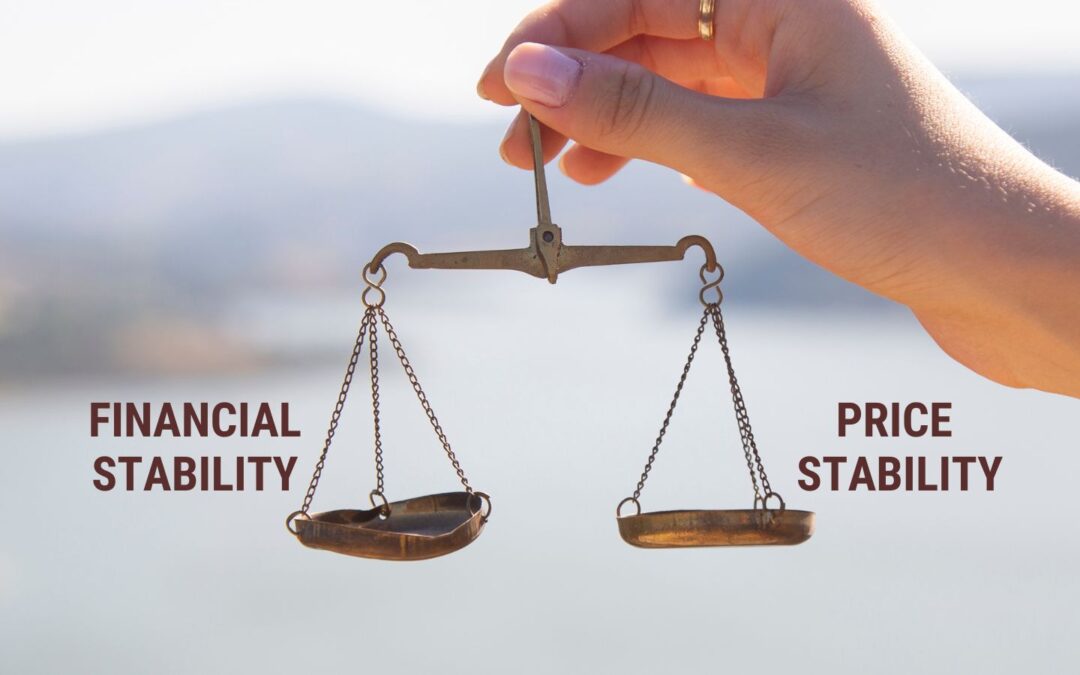
by Jordi Schröder Bosch | Apr 17, 2023
Christine Lagarde has recently argued that the price stability and financial stability objectives of the European Central Bank (ECB) are not at odds with one another. While in tranquil times this assertion may be true, it does not apply in the current context. Higher rates create turmoil in the financial markets, jeopardising the financial stability objective.
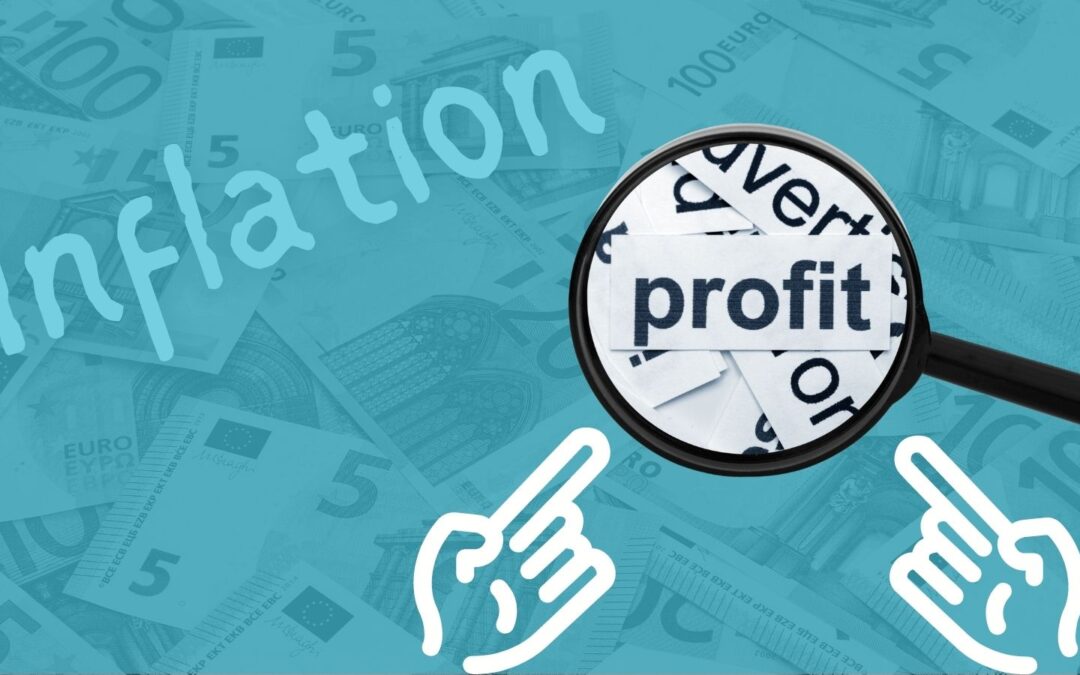
by Jordi Schröder Bosch | Mar 22, 2023
With inflation reaching its highest levels since the euro was introduced, ECB officials have been wary of a wage-price spiral. Yet it’s profits, not wages, that are the real culprits in today’s inflation story.

by Serena Di Luccio | Mar 7, 2023
As a consequence of the European Central Bank (ECB) raising its interest rates, banks are making sky-high unearned extra profits, while people and public budgets are only losing out. We believe that a money system that benefits private over public interests needs to be deeply reformed.






